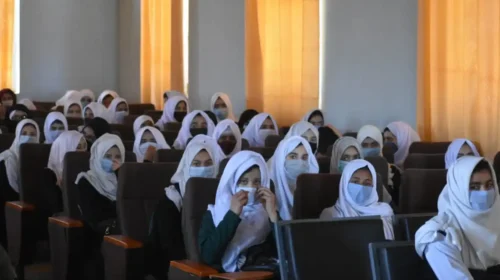The history of Kashmir’s struggles has been written by those who have stood against injustice. The natives have always shown bravery in the face of cruelty. However, people from other parts of the world have raised their voice for Kashmiri people, taken their issues beyond the region and even laid down their life for the cause.
Robert Thorpe, an officer of the British Indian army was the first foreigner who brought the attention of the outside world to the deplorable conditions of the Kashmiri under the Dogra rule.
Many historical accounts point out that Robert Thorpe’s mother was a Kashmiri, by the name of Jana of Budgam district, who had married a British army officer. Intrigued by the stories of Kashmir’s beauty and suffering he heard from her mother decided to visit Kashmir.
Robert Thorpe visits Kashmir.

In 1865, Robert Thorpe a British Indian Army officer visited Kashmir. Thorpe travelled in the rural areas and collected information about living conditions, economy, and taxation under the Dogra regime. He was taken aback by the miserable condition of the people living under tyrannical rule.
As per law in those days any foreigner in Kashmir was permitted to stay for only two months. The 27-year old decided to stay longer and began raising his voice against the oppression of Kashmiris.
He wrote articles to the British press attacking the rule Maharaja Ranbir Singh. He visited many more places in Kashmir and saw more and more atrocities on the Kashmiri people.
The army man further wrote letters to British officials at Lahore and Calcutta asking them to intervene.
The Maharja takes notice.

Thorpe’s articles brought the attention of the foreign media to Kashmir, however, it was still no enough. It was only after he targeted the British government for the situation of Kashmiri people that heads began to turn. He felt that the Britishers were responsible for the plight of Kashmiris.
The British had sold Kashmir to the Maharaja under the ‘Treaty of Amritsar’. He began pleading with the British government to help the Kashmiris and release them from their predicament.
His voice caused a stir locally and people began raising their voice. These activities caught the attention of Maharaja Ranbir Singh. He ordered Thorpe to leave Kashmir immediately.
Final days of Kashmir’s foreign Martyr.

Thorpe was determined to stay and resisted his departure. In a narrative resembling a scene from a movie, Thorpe was tied to his bed and carried to the borders of the region. Dramatically, Thorpe escaped and returned to Srinagar on November 21, 1868.
The next morning he died under mysterious circumstances after his breakfast, probably because of poisoning. People later found his body at Suleiman Taing Hill (Shankaracharya Hill).
Robert Thorpe now lays buried at a Christain cemetery at Shaikh Bagh in Srinagar. His grave reads ” He gave his life for Kashmir”.
Kashmir misgovernment.
Thorpe’s writings and findings were compiled into a book titled ‘Cashmere Misgovernment’. His writings provided detailed information on the state of the Dogra rule.
He recorded the patterns of land revenue, heavy taxation laws, and the system of begar (forced labour for the state). He brought to notice the poverty, oppression, and tyranny of the Dogra administration to the world.
Legacy:
This foreigner from a far-off land was one of the first voices against Dogra tyranny. He made people aware of their predicament and fought to make their condition better. Thorpe lived for 30 years and gave his life for a cause he believed was human. His death suppressed the growing unease at that time. His grave is a symbol of resistance and that will live on for years to come.











